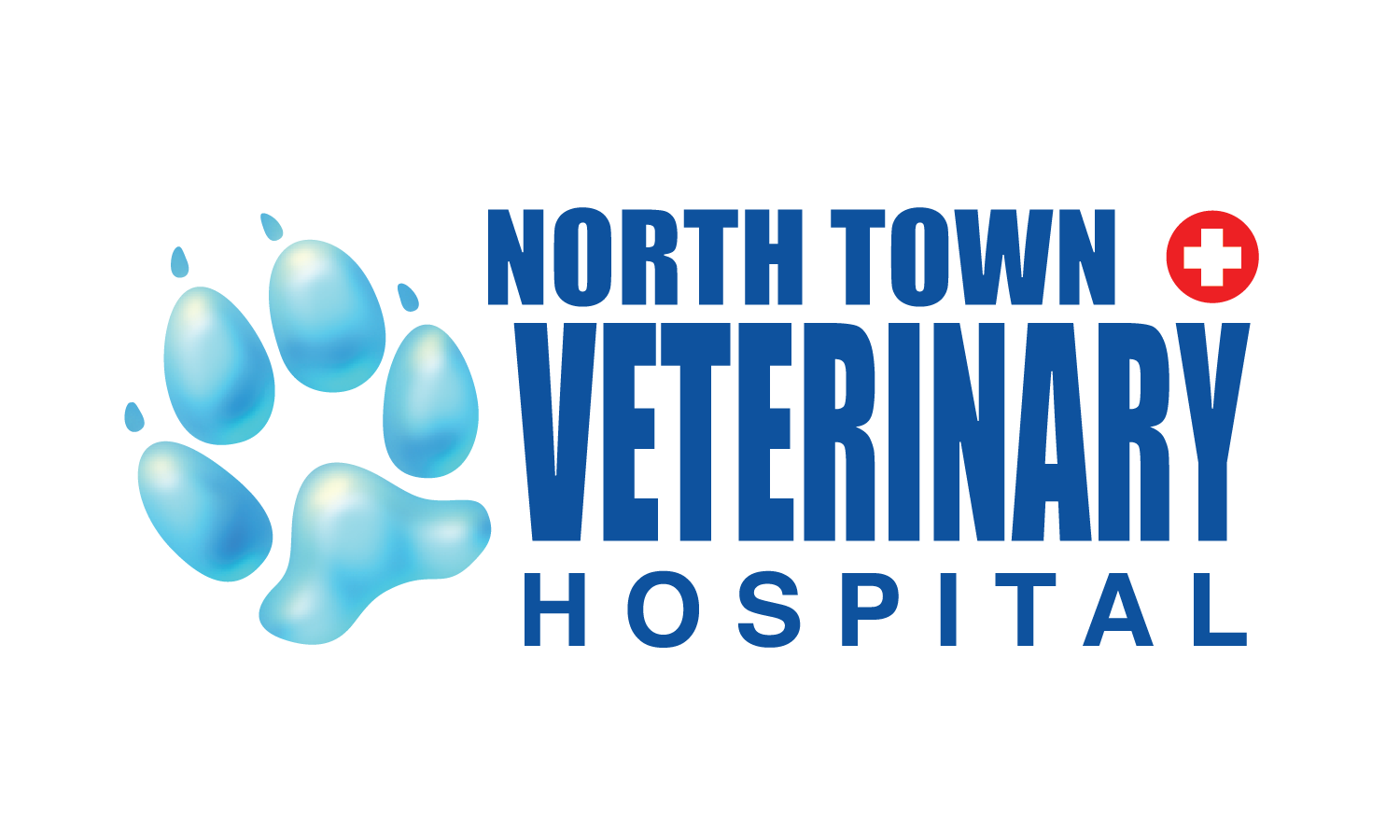Leptospirosis is a lethal zoonotic bacterial infection which is mostly transmitted through the urine of an infected animal, such as raccoons, squirrels, mice, rats, opossums and rabbits. The most common way dogs become infected with leptospirosis is by coming into contact with the urine of an infected animal. This usually occurs in water or on wet ground, by swimming in or drinking contaminated water, or by playing in areas where infected urine is present.
What are the signs of canine leptospirosis?
While some dogs will have no obvious symptoms, early signs of leptospirosis usually appear about a week after infection and may include fever, muscle tenderness, shivering, and a loss of appetite or energy. There may also be dehydration, vomiting, diarrhea, loss of appetite, lethargy, or painful inflammation within the eyes. The disease can cause kidney failure with or without liver failure. Some dogs may seem depressed. Other clinical signs include jaundice (yellowing of the skin and mucous membranes), and blood in the urine. Leptospirosis can later lead to bleeding disorders, which can cause blood-tinged vomit, urine, stool or saliva, as well as nosebleeds.
How is leptospirosis diagnosed?
Leptospirosis may be suspected based on the exposure history and signs shown by the dog, but many of these symptoms can also be seen with other diseases. Therefore definitive diagnosis can be difficult. There are no readily available rapid and definitive laboratory tests. In addition to a physical examination, your veterinarian may recommend a number of other tests such as blood tests, urine tests, and radiographs (x-rays).
Can people catch leptospirosis from dogs?
Yes, leptospirosis is a zoonotic disease, which means it can be transmitted to people. Transmission usually occurs by direct contact with infected urine. Pet owners should avoid getting infected urine in their eyes, nose, or mouth, or in open skin sores. It seems that one-third of human leptospirosis cases come from contact with infected dogs, while one-third come from contact with rats, usually through field work. The same disease symptoms occur in humans as would be seen in a dog.
Can leptospirosis be treated?
Severe cases of leptospirosis can affect any organ system and can lead to multi-organ failure. Supportive therapy and careful management of renal, hepatic and hematologic system complications are important. Leptospirosis is generally treated with antibiotics and supportive care. When treated early and aggressively, the chances for recovery are good. Most affected dogs require intensive care in a veterinary hospital.
How can leptospirosis be prevented?
Vaccination is a low-cost means to help protect your dog from a disease that can be very costly to treat. Currently available vaccines effectively prevent leptospirosis and protect dogs for almost 12 months. Annual vaccination is recommended in high risk areas. Ask your veterinarian about protection against leptospirosis.
If you have any questions leptospirosis or if you suspect you dog may have been infected please contact our Brampton emergency pet hospital right away!




